These resources provide in-depth information, research or community responses, and outline The Bend initiatives in more detail.
The Bend District Plan
The District Plan is an outline of our goals, priorities, and commitments for The Bend. It is updated periodically, and we welcome and value your input and feedback! Updated April 2025.
The Bend District Plan Appendices
The Bend is guided by five imperatives and these 100 commitments to our community.
What does it mean to say we’re creating “affordable” housing? Our Affordability Cheat Sheet explains AMI (Area Median Income), affordability, and translates hourly household wages into rents and unit sizes, to help you determine whether you’d like to live in The Bend.
The Bend integrates art as a central force in placemaking, fostering cultural experiences, artist engagement, and public space activations in Seattle’s Georgetown neighborhood.
Commercial Workspace Tenant Preference Plan
The Bend Development Team, in partnership with Equinox property management, is engaged in a tenant selection for ground floor commercial workspaces in the Elements Building—the first new construction in The Bend. This marks a major milestone in shaping a vibrant, creative, and community-driven neighborhood.
The 100% Tenant Relocation Plan outlines Watershed Community Development’s commitment to supporting existing residents, businesses, and artists in Georgetown.
A summary of The Bend outlining our primary goals. For more detail, dive into the District Plan.
Watershed’s Equity in Construction (EIC) Guidelines ensure inclusive contracting, workforce development, and community partnerships to promote economic opportunities for BIPOC businesses and local residents.
For a deeper dive into our Art Interventions and the ways art takes center stage in the development of The Bend and Elements, this document created in partnership with our design partner Signal Architecture + Research lays out our plans.
Georgetown Healthy Food Coalition
The Georgetown Healthy Food Initiative (GHFI) is a volunteer-led coalition committed to increasing
access to nutritious, local food in Georgetown.
This one-pager outlines our collaborative approach to addressing parking at The Bend.
Thanks to funding from King County Conservation Futures, Watershed Community Development (Watershed) has purchased a 28,000-square-foot site (about half a city block) off South Lucile Street, just west of 6th Avenue South—around the corner from the planned location of the Early Childhood Learning Center.
Financing & Fundraising
Community Bonds will be issued for up to 25% of the total cost of The Elements building. These tax-exempt subordinate bonds will finance the parts of the project which directly contribute to community enrichment and resilience.
The Impact of Our Work
To measure the impact and potential of The Bend, we partnered with strategy and planning firm Ecotone to guide our ambition and quantify the projected economic and social value from The Bend.
This part of Ecotone’s analysis highlights the economic impact of The Bend’s operations, showcasing its role in job creation, tax contributions, and overall economic activity in Washington.
Economic Impact of Construction
This analysis details the economic impact of The Bend’s construction, highlighting job creation, investment returns, and tax contributions in Washington.

The Social ROI of Watershed’s Imperatives
This diagram quantifies the social and environmental impact of Watershed’s five imperatives, demonstrating a projected $244 million in community benefits.
The Bend’s Social Impact Summary
This summary outlines the wide-ranging social impact of The Bend, from housing affordability and environmental benefits to arts participation and community well-being.
The Bend’s Comprehensive Impact Analysis
Ecotone Analytics conducted this comprehensive impact analysis and projected the social benefits and social return on investment for Watershed.
Early Reference Documents
Our work is shaped by the knowledge and efforts of those who have long been dedicated to the Duwamish Valley. These early references served as key inspirations, helping us learn from our community and build upon the foundation of those who came before us.
The Duwamish Valley Action Plan was released in 2018 and is a City-community vision for the neighborhoods of South Park and Georgetown. Each year, the Duwamish Valley Program has produced annual updates to demonstrate how the City is delivering on the commitments made in the Action Plan.




